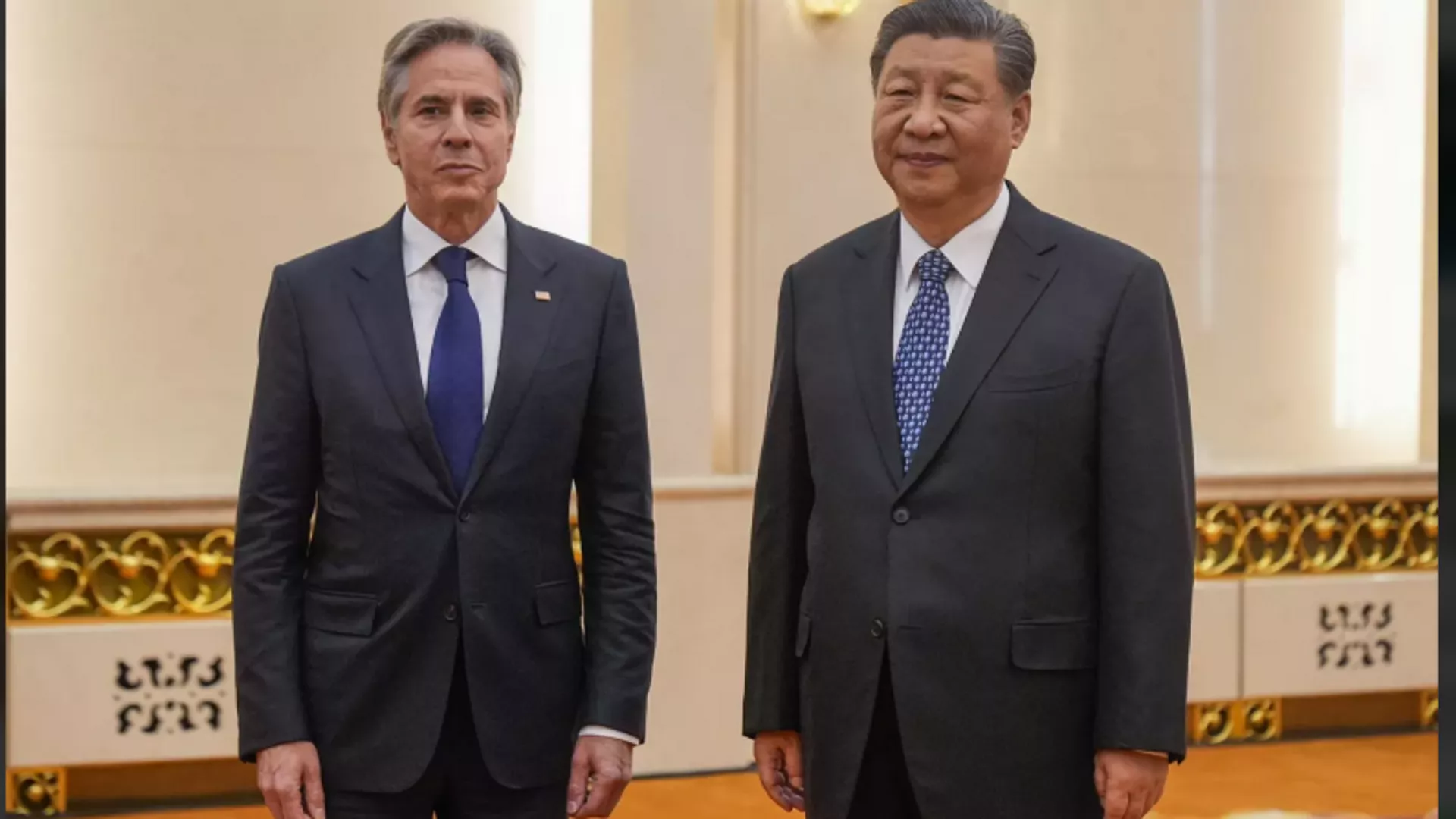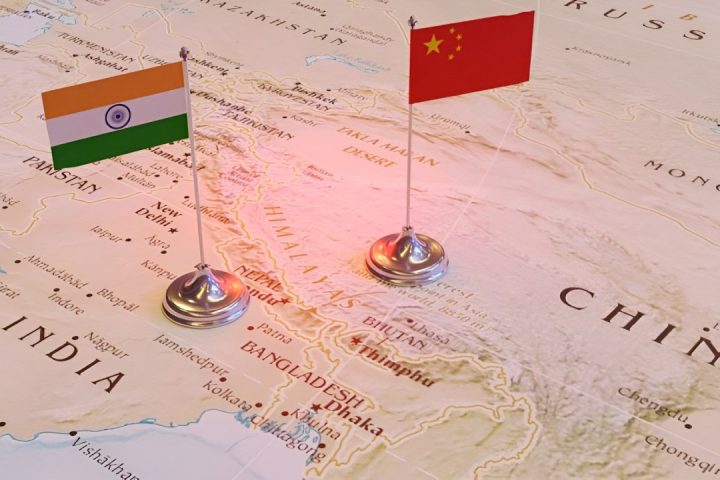The Chinese balloon incident shows that we are facing a “very turbulent decade,” says political scientist Thorsten Benner. In an interview, he explains how the West should behave toward Beijing.
Mr. Benner, in the midst of tense relations between Washington and Beijing, a Chinese balloon has been hovering over U.S. territory for a relatively long time. The Americans are calling it espionage, while Beijing claims it was a stray aircraft for scientific purposes. What is your assessment of the incident?
One might smile in view of the fact that this balloon saga now seems to be one of the first important episodes in the new Cold War between China and the U.S. – pretty much exactly 40 years after Nena’s song about the “99 balloons.”
What makes you smile, isn’t the situation serious?
The hype that is being made about this balloon seems slightly absurd – after all, it is being tracked almost live on American television. But as exaggerated as the reactions in parts of the American public seem: The incident illustrates how difficult it is to stabilize U.S.-China relations. And it also shows that we are likely headed for a very turbulent decade in U.S.-China relations. The Chinese and U.S. presidents had actually agreed in Bali on the sidelines of the G-20 summit to seek a fundamental stabilization of their relationship after it had long been in free fall. The visit of Antony Blinken was also supposed to serve this purpose; Xi Jinping was to receive him personally. Now this balloon intervened.
Was the postponement of the Blinken trip really necessary? Apparently, there have been similar incidents with such balloons several times in the past.
The Pentagon itself says that this balloon is not dangerous from a military point of view, and that precautions have been taken to prevent it from picking up too much sensitive information. But at the same time, the domestic political pressure on Joe Biden is so high that he cannot send his Secretary of State to Beijing now, while some Republicans are screaming for this balloon to be shot down.
Wouldn’t it be important to have talks with Beijing right now?
This visit should be made up very soon, and that’s what the State Department announced on Friday. Preferably before the trip of the new Speaker of the House of Representatives, Kevin McCarthy, to Taiwan, which is probably due in the spring. That, in turn, will put domestic pressure on Xi to have an even tougher response than he did to Nancy Pelosi’s trip last year. But in the current situation, it is simply not possible domestically for Joe Biden to send Blinken to Beijing – as sensible as it would be for the U.S. secretary of state to hold talks there in person. That would simply be too much of a spin by the Republican side.
With what spin?
The Republican narrative would probably be: Biden is weak and not responding decisively enough to this dramatic violation of American sovereignty. Instead of showing the necessary political and military toughness, he’s just trying talk and diplomacy.
Isn’t there relatively much consensus among Republicans and Democrats on how to deal with China?
Yes, there is, the consensus among mainstream Democrats and Republicans is that you have to be tough on China and be very clear. Biden has shown during his time in the White House that he is extremely firm in his approach to a Beijing that has shown a lot of aggressive behavior in recent years. You can see that in the export restrictions that have now been put in place in the semiconductor sector. That’s tougher than anything former President Donald Trump ever did on China. And at the same time, Biden has also been able to get more U.S. allies on board – the turnaround in Japan, the success in the Philippines this week where the U.S. defense secretary has reached agreements for new military bases, the commitments from Japan and the Netherlands not to export sensitive semiconductor technologies to China. Republicans actually supported all of that.
But?
At the same time, the election campaign is looming, and Republicans traditionally try to portray Democratic presidents as weak on foreign policy, as not behaving in line with American interests. They will try to do that with Biden’s China policy, just as they did with regard to Moscow’s war on Ukraine and U.S. policy toward Russia. And then there are also some on the Republican side who take a completely extreme position on China.





